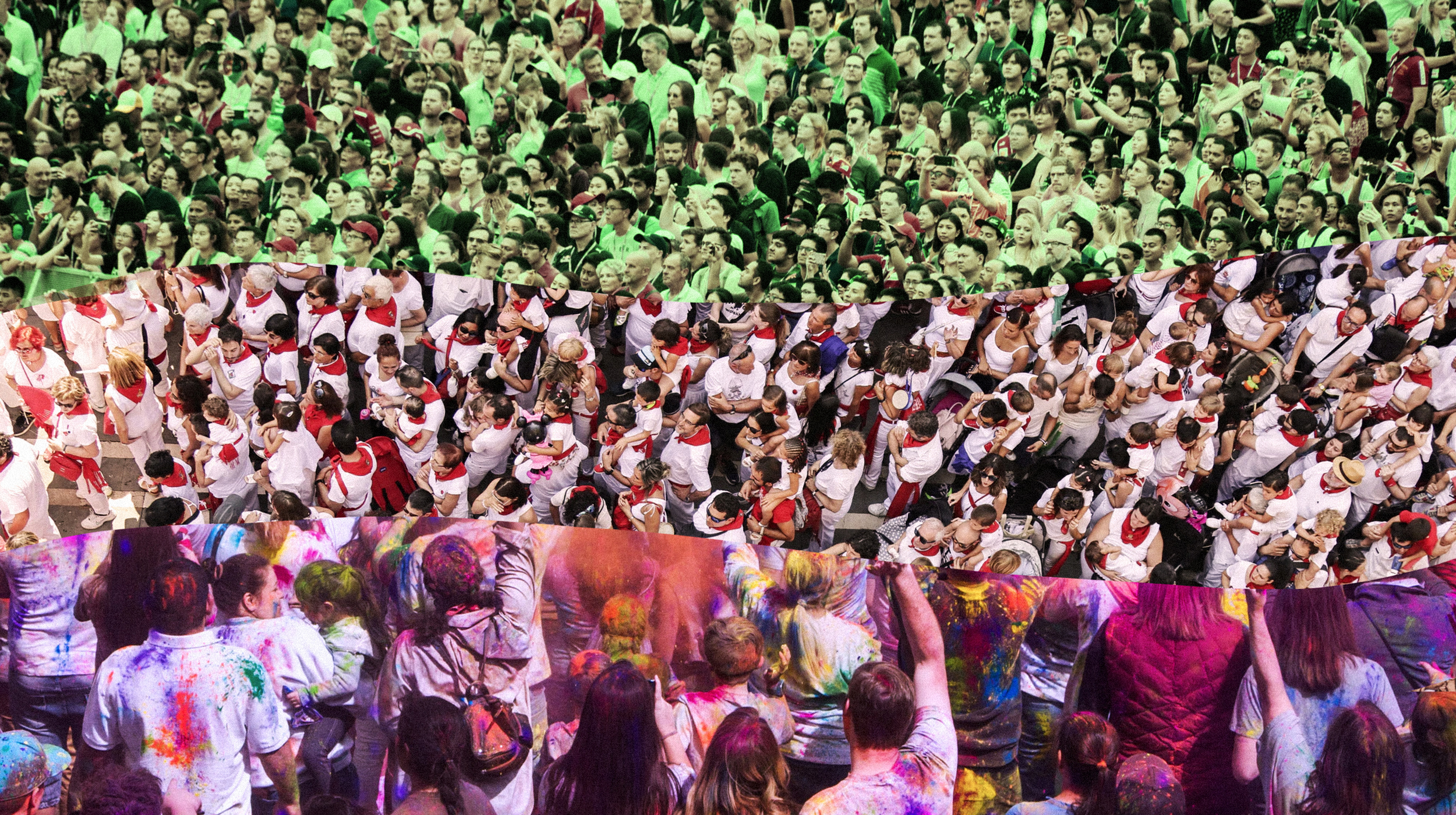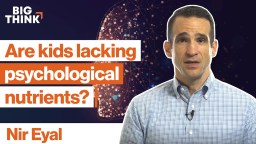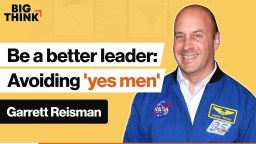ELI PARISER: There's been a big conversation about civility and the need for civility online, and I actually kind of don't love that word because often what it means to people is kind of respect for the norms or the authority of a group that's in power. And so it's often the case in society that rabble-rousers and people who are lower on the power spectrum are seen as being uncivil. And, in fact, if you look back at the civil rights movement or a lot of the most important movements in American history that expanded peoples dignity and agency, they were seen at the time as kind of, like, impolite. And so there's a danger with civility that it's essentially saying like, it's essentially code for let's just kind of keep things as it is and keep whoever is powerful in society in power. I think the other meaning beneath it, though, that I think is really important is kind of this idea of human dignity and respect. And that, I think, is critical, and it has been really lost from so much of our online conversation. And it's partly this kind of humble feeling of, I only have part of the truth. I can be wrong, and I need other people to help me find a better view of the world. And if I put my piece of the truth together with your's, maybe we'll, like, figure out something together. I think part of it is a sense that within each human being is something that is uniquely precious and that it's our job when relating to people to try to find that thing and understand that thing and protect that thing.
And that's what makes us human. And so, how can we have a conversation where that's kind of the starting point rather than the sort of starting out assuming the worst of each other. And so I think that, you know, how do we bring that sense of respect for each others, you know, the amazing thing that it is to be a unique human individual back into this context where we're encouraged to see each other as little tiny icons and as like reduced stereotypes of each other. That seems like the critical threshold to cross.






